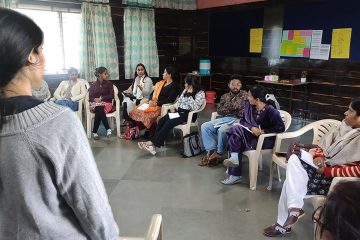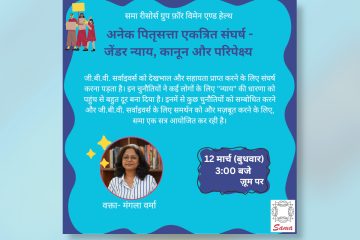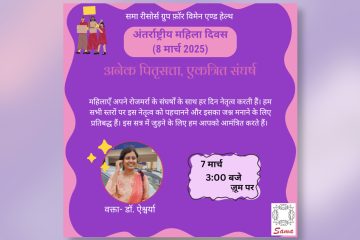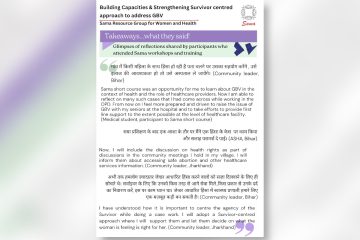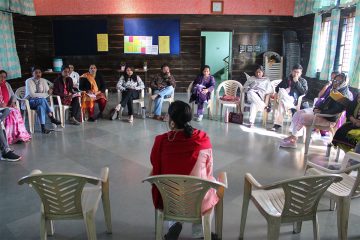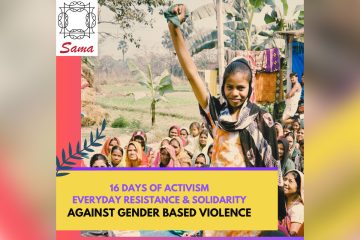Gender Based Violence (GBV) can have physical and psychological health implications which can be immediate as well as long term. Health system is often the first point of contact for survivors of violence; besides survivors come in contact with health facilities and providers at some point in their lives. Thus health care facilities and providers assume an important role in addressing the health consequences of violence through provision of treatment and care, performing medico‐legal role as well as in prevention of violence. We believe that this potential role in preventing and addressing GBV at different levels of the health system can be achieved through wide ranging and multi-sectoral deliberations. We have been working towards recognising gender based violence as a public health issue and strengthening health sector response to the survivors.
We have been engaging with various stakeholders including the Community Based Organisations, Sangathans, coalitions, like minded individuals and organisations, Health facilities at different levels- primary, secondary, tertiary, healthcare providers including doctors and nurses, community health workers, associations like AOGD (Association of Obstetricians and Gynaecologists of Delhi), FOGSI (Federation of Obstetric and Gynaecological Societies of India) lawyers, protection officers etc. Our engagement has been able to facilitate insights, learning and linkages with multiple stakeholders in Delhi as well as in other states.





